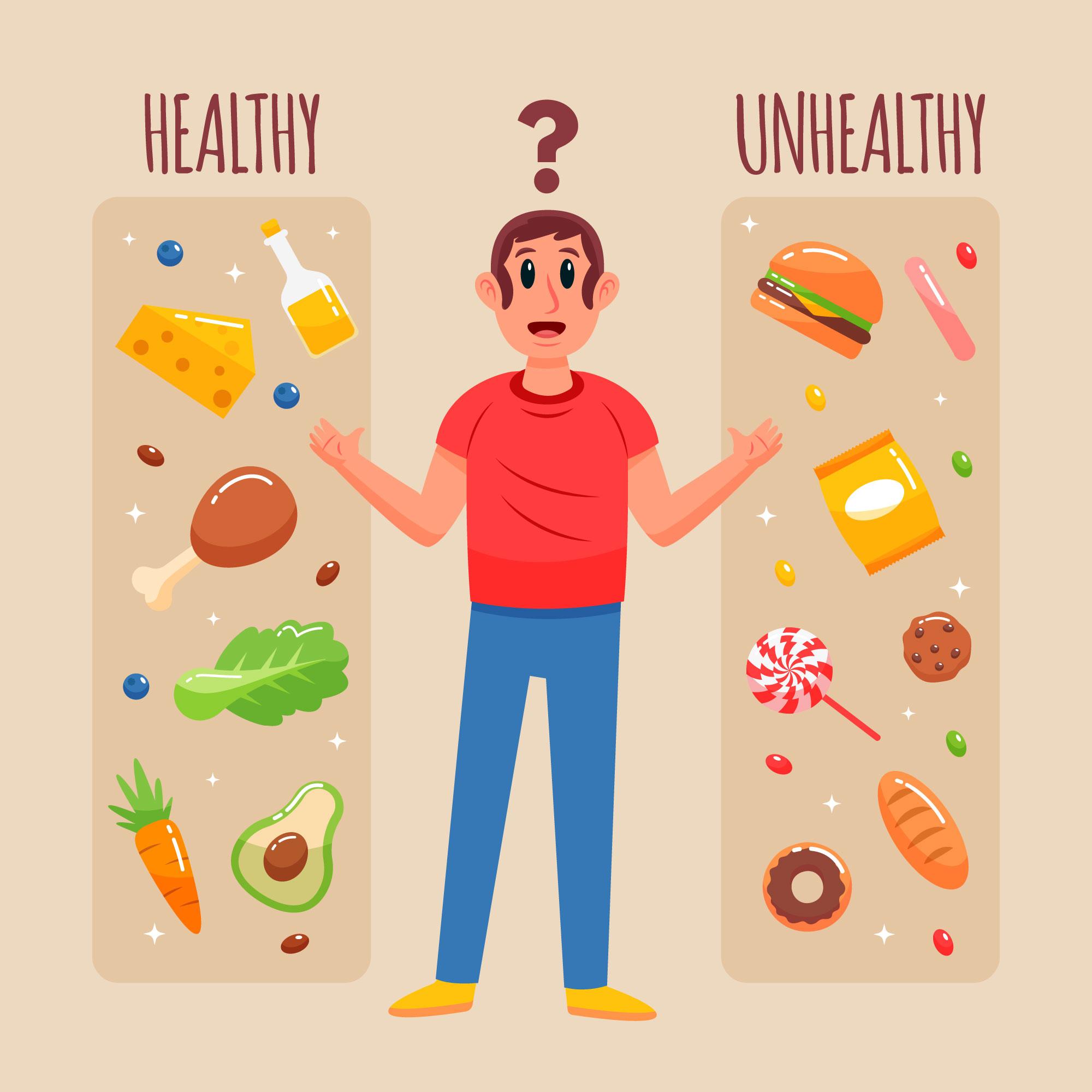
Diet and Prostate Cancer: How Your Food Choices Can Make a Difference
Introduction: The Role of Diet in Prostate Cancer Risk
Prostate cancer is one of the most common cancers in men. While genetics, family history, and age increase the risk, diet also plays a significant role. What you eat can either raise or lower the likelihood of developing prostate cancer. Understanding this connection helps you make better decisions about your health.
Foods That May Increase Prostate Cancer Risk
Red Meat and Processed Meats
A diet high in red meat and processed meats can increase the risk of prostate cancer. These foods contain saturated fats, which promote inflammation. Inflammation is a key factor in cancer development. Additionally, cooking at high temperatures, such as grilling, produces harmful chemicals that may further increase the risk.
Dairy Products
Some studies suggest that eating too many dairy products could raise the risk of prostate cancer. The high calcium content and hormones in dairy might contribute to this. However, the evidence is not conclusive, and more research is needed to understand this connection fully.
High-Fat Diets
Diets rich in unhealthy fats, especially trans fats from fried and baked foods, are linked to a higher cancer risk. These fats can increase the production of growth factors that encourage cancer cell growth. To lower your risk, reduce unhealthy fat intake and choose healthier options like olive oil and avocados.
Foods That May Lower Prostate Cancer Risk
Fruits and Vegetables
A diet rich in fruits and vegetables can help lower the risk of prostate cancer. These foods provide antioxidants, vitamins, and minerals that protect cells from damage. For example, tomatoes are high in lycopene, a powerful antioxidant that may protect against prostate cancer. Cruciferous vegetables like broccoli contain compounds that may slow cancer cell growth.
Plant-Based Diets
A plant-based diet may help reduce the risk of prostate cancer. Foods like whole grains, beans, and legumes provide important nutrients and fiber. Studies suggest that plant-based diets may offer protection due to their high levels of plant compounds and low intake of animal fats.
Green Tea
Green tea contains polyphenols, such as EGCG, that have shown anti-cancer properties. Drinking green tea regularly may help reduce prostate cancer risk by inhibiting cancer cell growth and preventing tumor spread.
Other Dietary Factors to Consider
Soy
Soy contains isoflavones, plant compounds with potential anti-cancer benefits. Some research suggests that soy may lower prostate cancer risk by blocking estrogen receptors, although findings are mixed. More studies are needed to confirm these effects.
Vitamin D
Vitamin D plays an essential role in maintaining prostate health. Low levels of vitamin D are linked to a higher risk of prostate cancer. You can maintain healthy vitamin D levels through sunlight, fortified foods, and supplements, which may help reduce this risk.
Omega-3 Fatty Acids
Omega-3 fatty acids found in fatty fish like salmon and sardines help reduce inflammation. Studies suggest that omega-3s may lower prostate cancer risk, though more research is needed to fully understand their effects.
Conclusion: Finding the Right Balance in Diet
There is no single diet that guarantees protection against prostate cancer. However, a balanced diet that includes plenty of fruits, vegetables, whole grains, and healthy fats can lower your risk. At the same time, limiting red meat, processed foods, and unhealthy fats can help. Talk to your doctor about creating a personalized plan that works best for your health.
For More Information Click here


